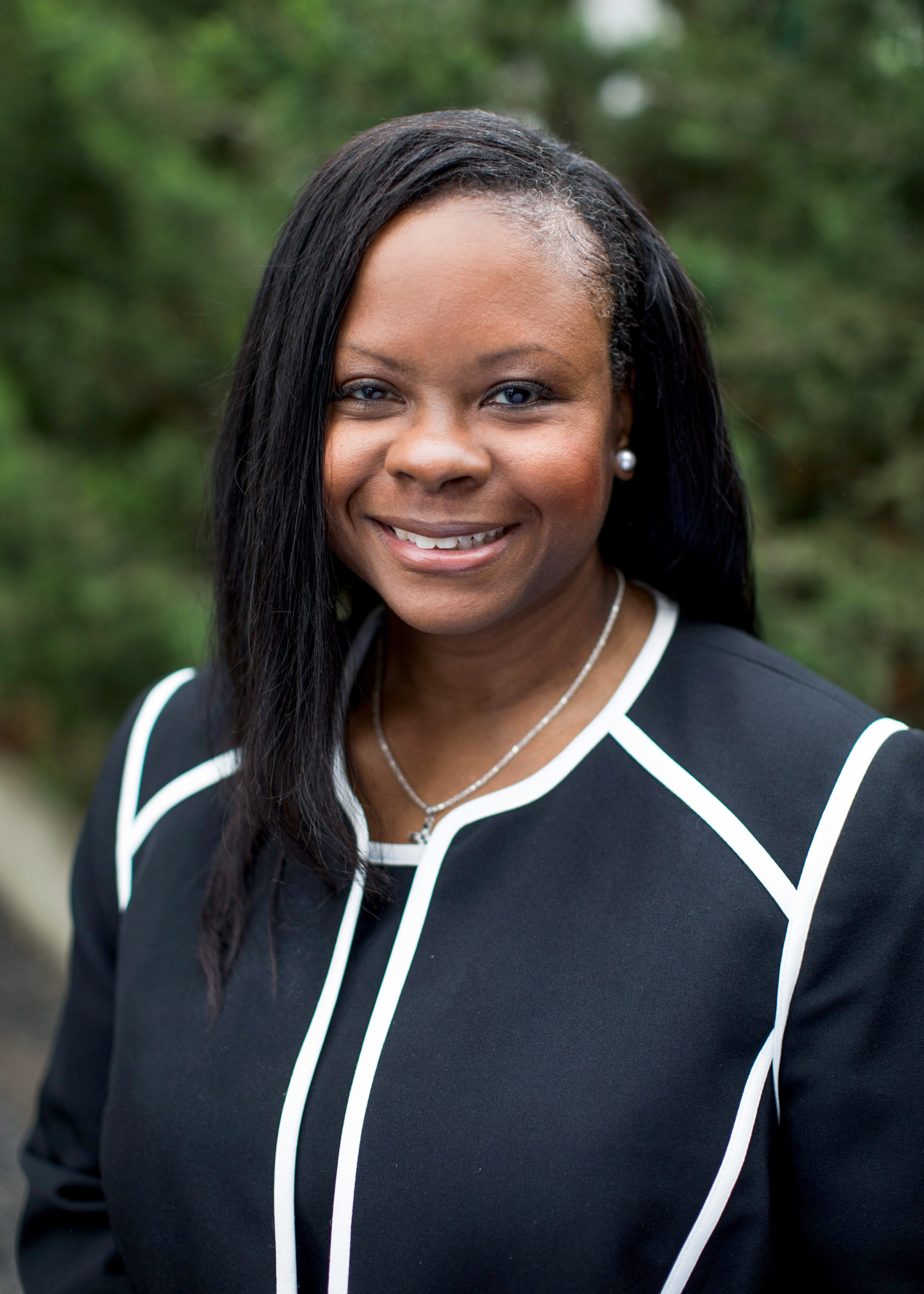 The fatal shooting of an unarmed African-American teen by a white police officer in Ferguson, Missouri, sparked widespread protests in nearby St. Louis and placed a harsh spotlight on racial disparities in the St. Louis Metropolitan Police Department (SLMPD), where just one third of officers are non-white, while nearly half the city’s residents are black. As a FUSE Executive Fellow, Michelle Martin Bonner (2019-20) worked with the St. Louis Department of Public Safety to develop and implement strategies to increase the diversity of their officers to better reflect the demographics of the communities they serve. Her work helped establish new connections between the police department and numerous community groups, resulting in a broadened applicant pool.
The fatal shooting of an unarmed African-American teen by a white police officer in Ferguson, Missouri, sparked widespread protests in nearby St. Louis and placed a harsh spotlight on racial disparities in the St. Louis Metropolitan Police Department (SLMPD), where just one third of officers are non-white, while nearly half the city’s residents are black. As a FUSE Executive Fellow, Michelle Martin Bonner (2019-20) worked with the St. Louis Department of Public Safety to develop and implement strategies to increase the diversity of their officers to better reflect the demographics of the communities they serve. Her work helped establish new connections between the police department and numerous community groups, resulting in a broadened applicant pool.
Since her fellowship, Michelle joined St. Louis Community College as the Director of Recruitment, Learning and Retention. She leads the planning, implementation, and administration of employment functions for the college to attract, recruit, and evaluate quality candidates at all levels.
How did the FUSE fellowship impact you?
Professionally, it helped me to pivot from a long legal career and seek new ways to have an impact on the St. Louis community. I’ve always been an advocate for the underdog, and I’m a “retired” foster mom, but my career had gotten into a little bit of a rut. FUSE helped me get back in touch with the change agent inside of me. Through the fellowship, I was able to re-establish some professional and personal relationships in the City and the Police Department. It filled a void that I needed to connect with a larger diverse professional network across the country. I really appreciated the value of spending time with my cohort, making connections with other experienced individuals in my cohort. They are so full of knowledge and different life experiences.
What are you working on now?
Since April 2020, I’ve been at the St. Louis Community College as the Director of Recruitment, Learning and Retention. My role was newly created as part of a reorganization of the Human Resources Department. It isn’t easy to chart a path through the challenges of a public institution that has experienced talent turnover, declining enrollment, and cultural stagnation, and it seemed pretty daunting to overcome past negative experiences by staff and the lack of confidence in my predecessors. Breaking down the “that’s the way we’ve always done it” mindset is not for the faint of heart.
My FUSE training is definitely coming in handy. Coming in with the consultant mindset, knowledge about how to deal with resistance to change, and an understanding of how public entities operate has helped me to approach the heavy lifting that needs to be done inside the College. And when I get stuck on how to approach a challenge, I can go to the FUSE Notion site to find helpful resources and ideas. It is better than just Googling!
What are you hoping to achieve in the next 6-12 months?
My goals are to get our new online applicant tracking system, onboarding, and performance management across the finish line. Our department has still been using paper! We have designed the system and negotiated contracts, so we launch the system this April 1 and should be fully deployed in September. I am also building a progressive and agile HR team and updating our practices to attract quality talent and close the door on some things from the past. There have been people who are resistant – some with significant authority – but also others who welcome the changes.
My next work will be to take a deeper dive into the diversity initiatives of the college. There is a strategic plan in place, but implementation has mostly been focused on students. We can’t forget the rest of the system. There is an education and employment gap in St. Louis, so how do we connect with more potential students in the community? What are we offering that would attract more diverse students who live here – skill sets, courses, financial aid? We need to make our offerings more attractive, but the only way to do that is to be thoughtful about change, address the real issues inside the college, and actually do the work. My role will be to help the college leadership think holistically about how to create plans and priorities around the strategic plan and partner with the community.
